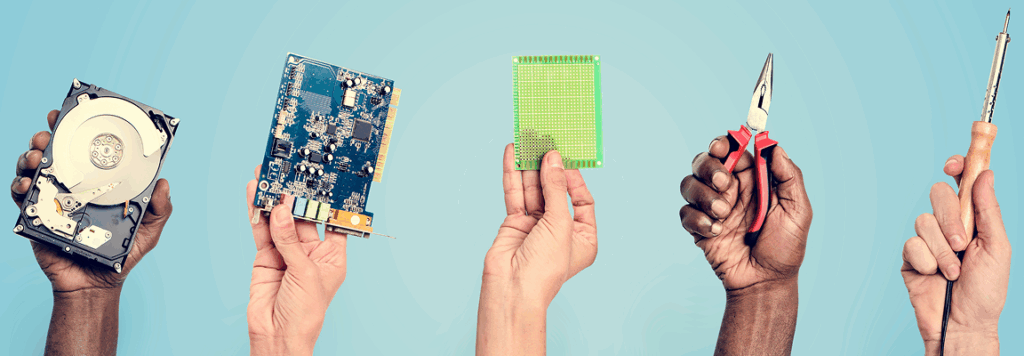Repurposing—also known as upcycling—can offer a host of advantages over traditional recycling. Here are three compelling reasons why repurposing often wins the sustainability showdown:
1. Less Energy Consumption
- Recycling often requires industrial processing: melting, shredding, or chemical treatments.
- Repurposing skips that step entirely, turning items into something new with minimal energy.
- Example: turning old t-shirts into tote bags requires scissors, not a factory.
2. Cost Savings & Creativity
- Repurposing sparks innovation—it’s about transforming, not breaking down.
- You get more life out of existing products without paying for new ones or recycling services.
- It encourages DIY solutions that can be both fun and budget-friendly.
3. Reduced Waste & Pollution
- Not everything can be effectively recycled due to contamination or complex materials.
- Repurposing diverts those hard-to-recycle items from landfills.
- It also reduces reliance on manufacturing, which lowers greenhouse gas emissions.
So, in short: repurposing is like giving objects a second life—without all the heavy lifting. Want help brainstorming ways to repurpose something you’ve got lying around?


